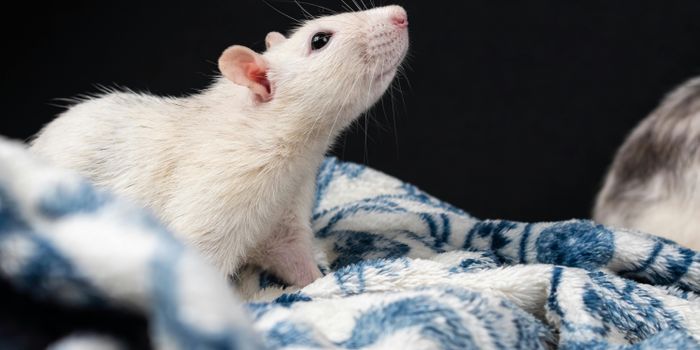A diet with too much fat is not healthy. It increases the risk of cardiovascular disease, stroke and some kinds of cancer. Food choices that include a lot of processed food and fat are a bad idea for anyone but can up the risk of metastasis in patients who have prostate tumors.
Research into why some prostate tumors are slow-growing and do not impact longevity is essential because it can lend clues to what could kick a harmless tumor into a deadly problem. Two recent studies from experts at the Beth Israel Deaconess Medical Center (BIDMC) in Boston have new information on tumor metastasis in a mouse model and suggest that diet is a key factor in tumor progression.
Pier Paolo Pandolfi, MD, Ph.D., Director of the Cancer Center and Cancer Research Institute at BIDMC is a senior author of the research and stated, "The progression of cancer to the metastatic stage represents a pivotal event that influences patient outcomes and the therapeutic options available to patients. Our data provide a strong genetic foundation for the mechanisms underlying metastatic progression, and we also demonstrated how environmental factors could boost these mechanisms to promote progression from primary to advanced metastatic cancer."
A gene known as PTEN is a known tumor suppressor. In patients who have partial loss of this gene account for about 70% of cases of primary prostate cancer. In patients who have a complete loss of the PTEN gene, there is a high correlation between that loss and metastasis of prostate tumors. On its own, however, PTEN loss isn't enough to cause tumors to metastasize. The research at BIDMC sought to find the rest of the mechanism. A gene called PML was found to be involved as well. While tumors caused by PTEN loss and PML loss differ, the researchers noticed one similarity. Both types produced large amounts of lipids (fats.) Pandolfi explained it was as if the "fat machinery was running amok."
The team posited that if a gene disrupted and that caused a "switch" to be flipped and produce an overproduction of fat, perhaps a drug could be developed that turns the switch off. As it happens, there is a drug in development that does that. A drug for obesity that targets a molecule dubbed "fatostatin" is currently being researched. When Pandolfi's team tested it in their mice, the fat production was blocked almost entirely, the tumors shrunk and didn't metastasize.
The team was also able to figure out another problem. It's often difficult to get mice in the lab to develop tumors that grow. When they looked at the diet, they found the mice were eating a vegan chow, that was low in fat. When the chow was switched to a variety containing more fat, and which resembled a typical American diet, the tumors in the mice quickly turned into metastatic disease. It was an "Ah ha!" moment because not only were the genetic pathways made more clear, giving scientists a better way forward in studying the disease, but the connection between metastasis and diet was finally shown. Check out the video for more information about the finding, and what it means for future research.
Sources: BIDMC, New York Times, Nature Genetics









